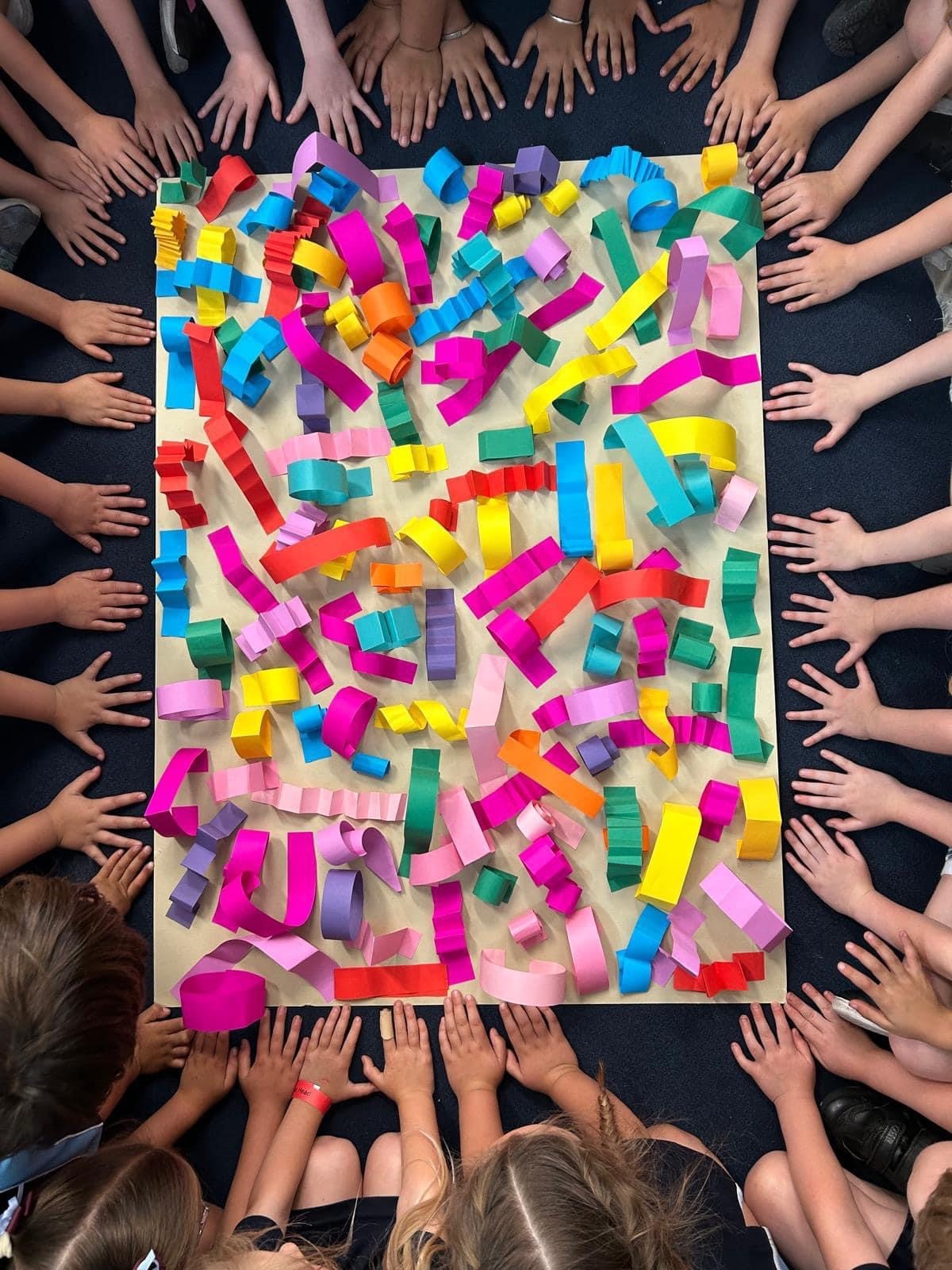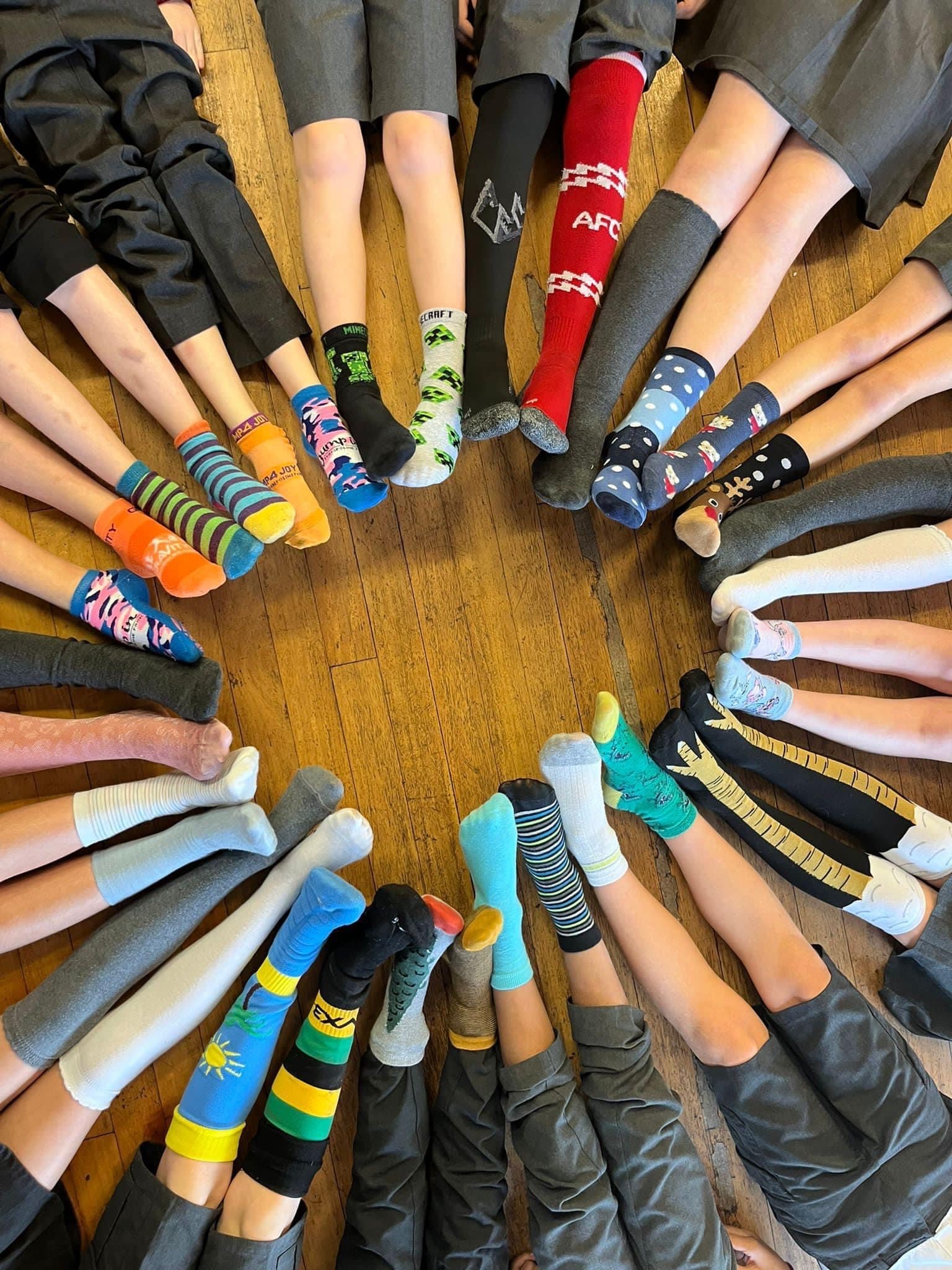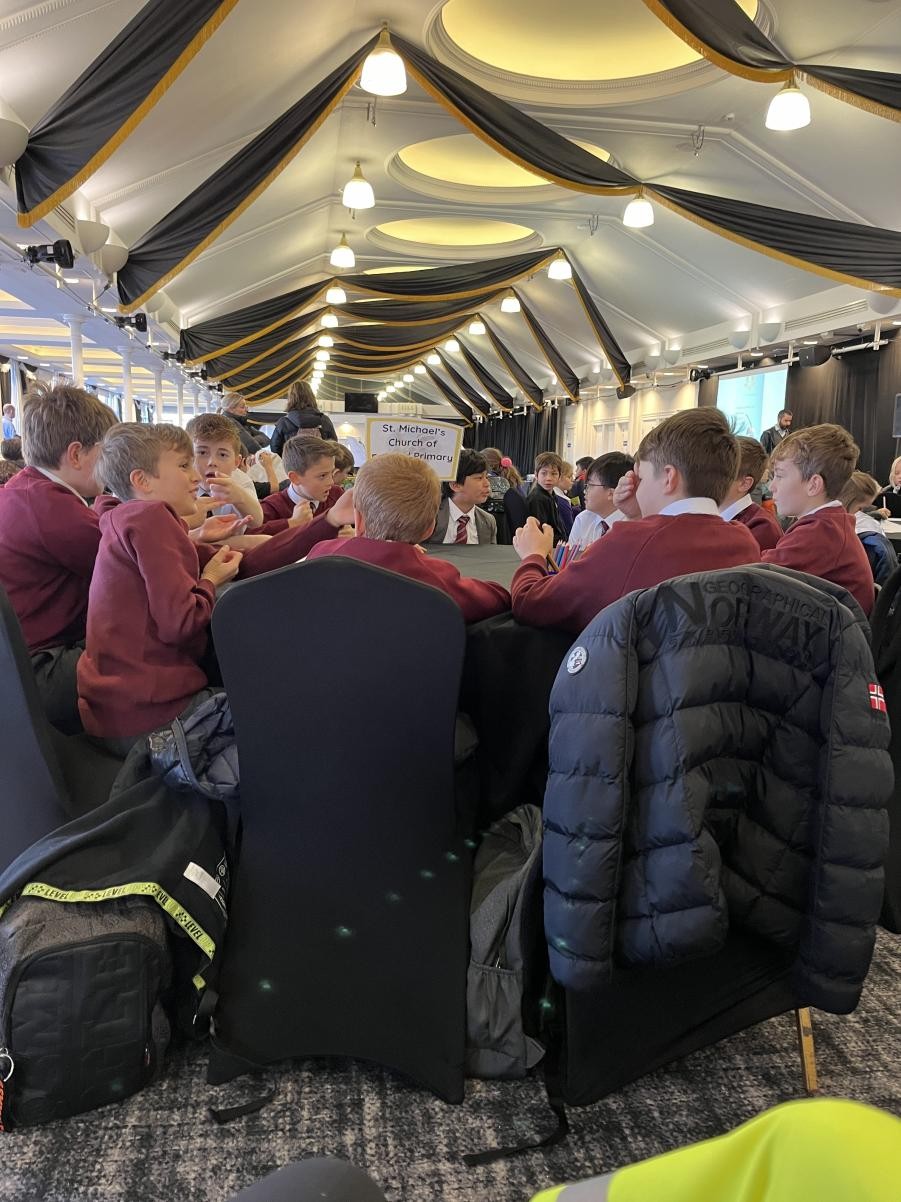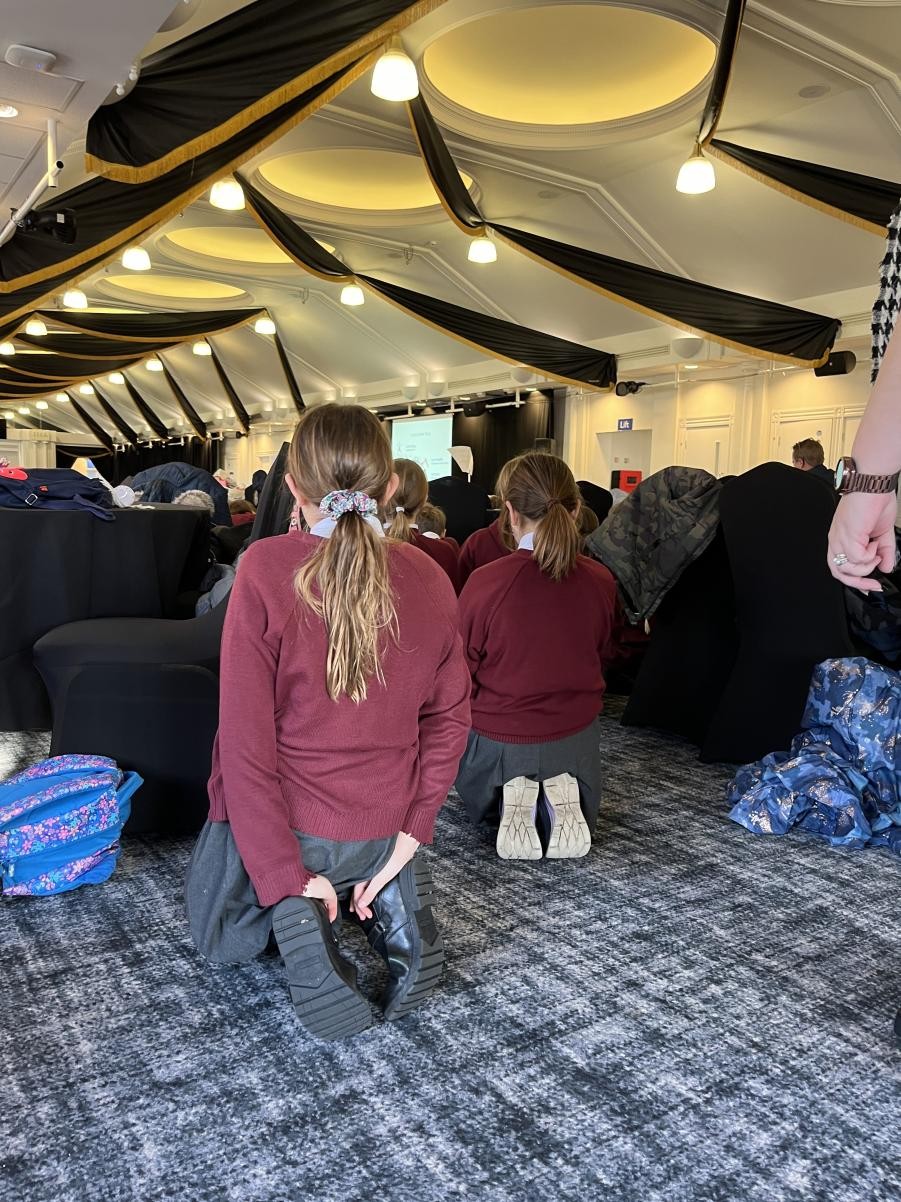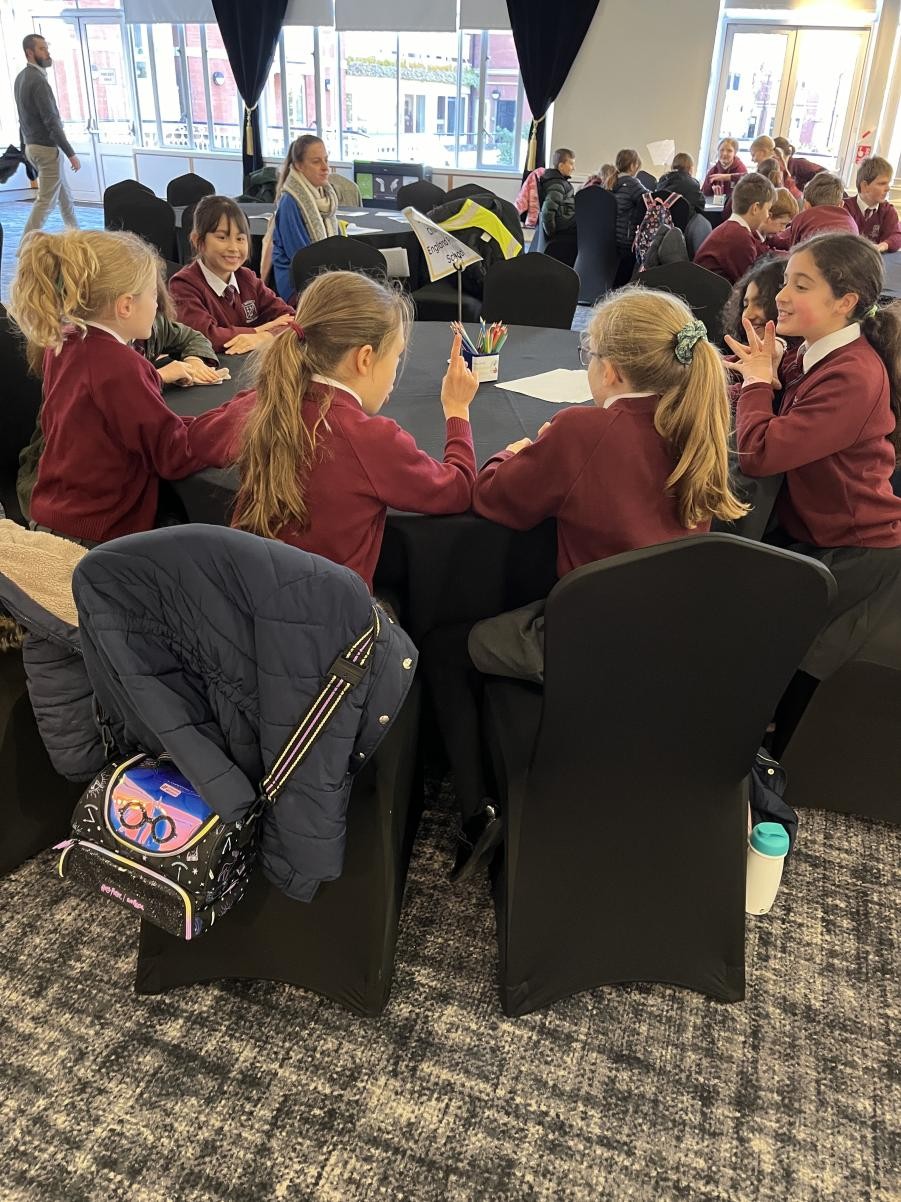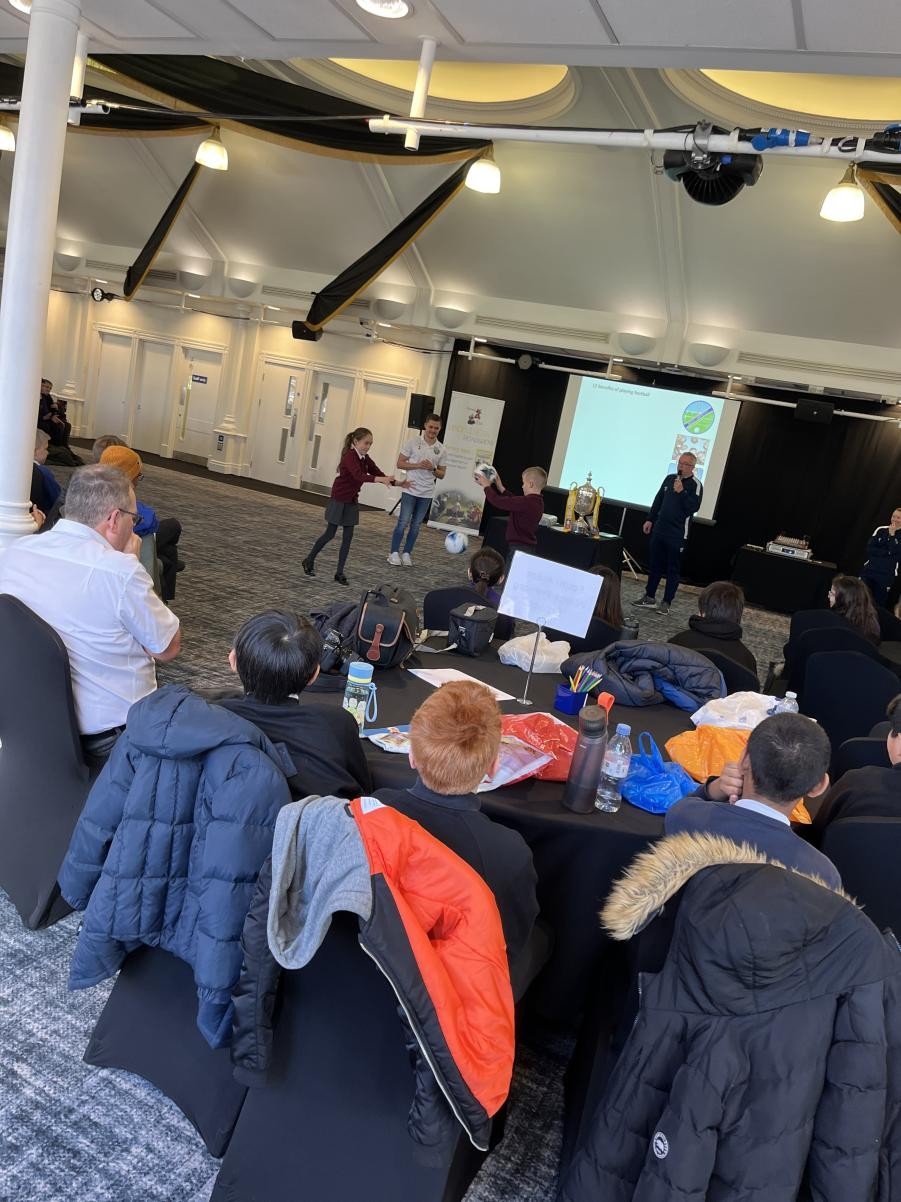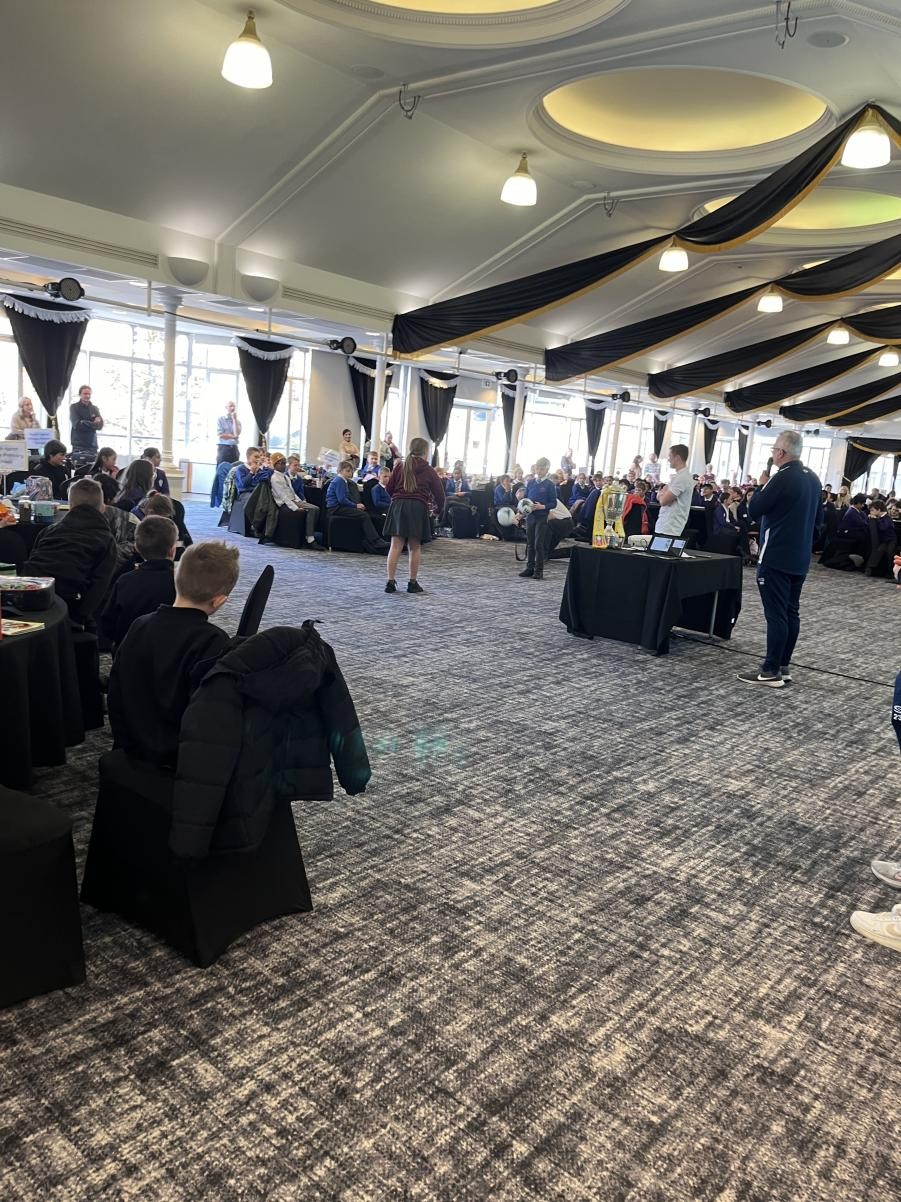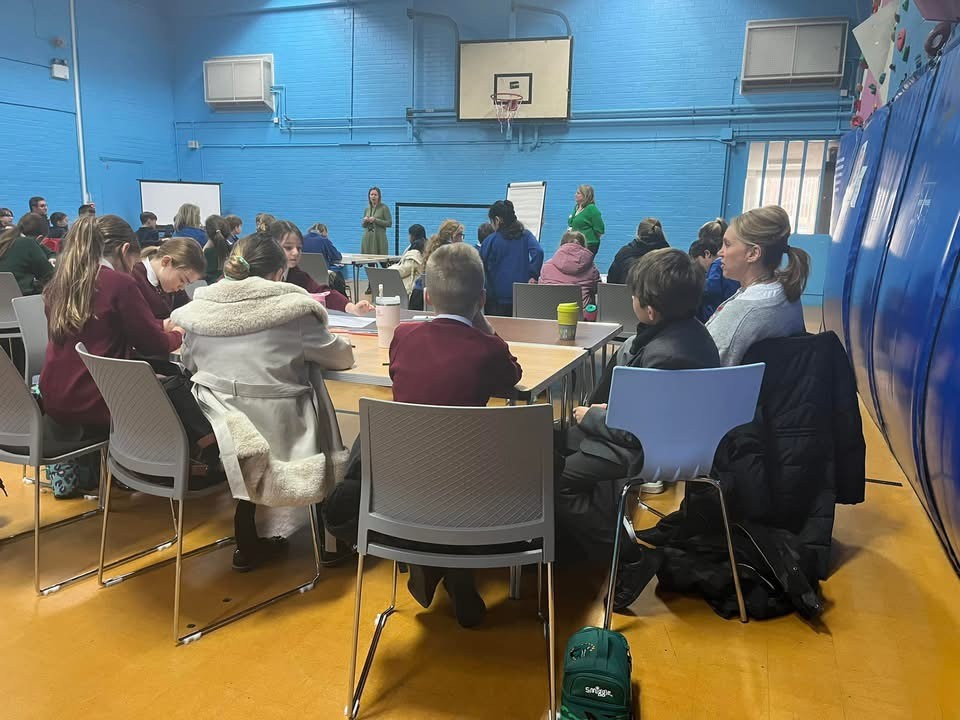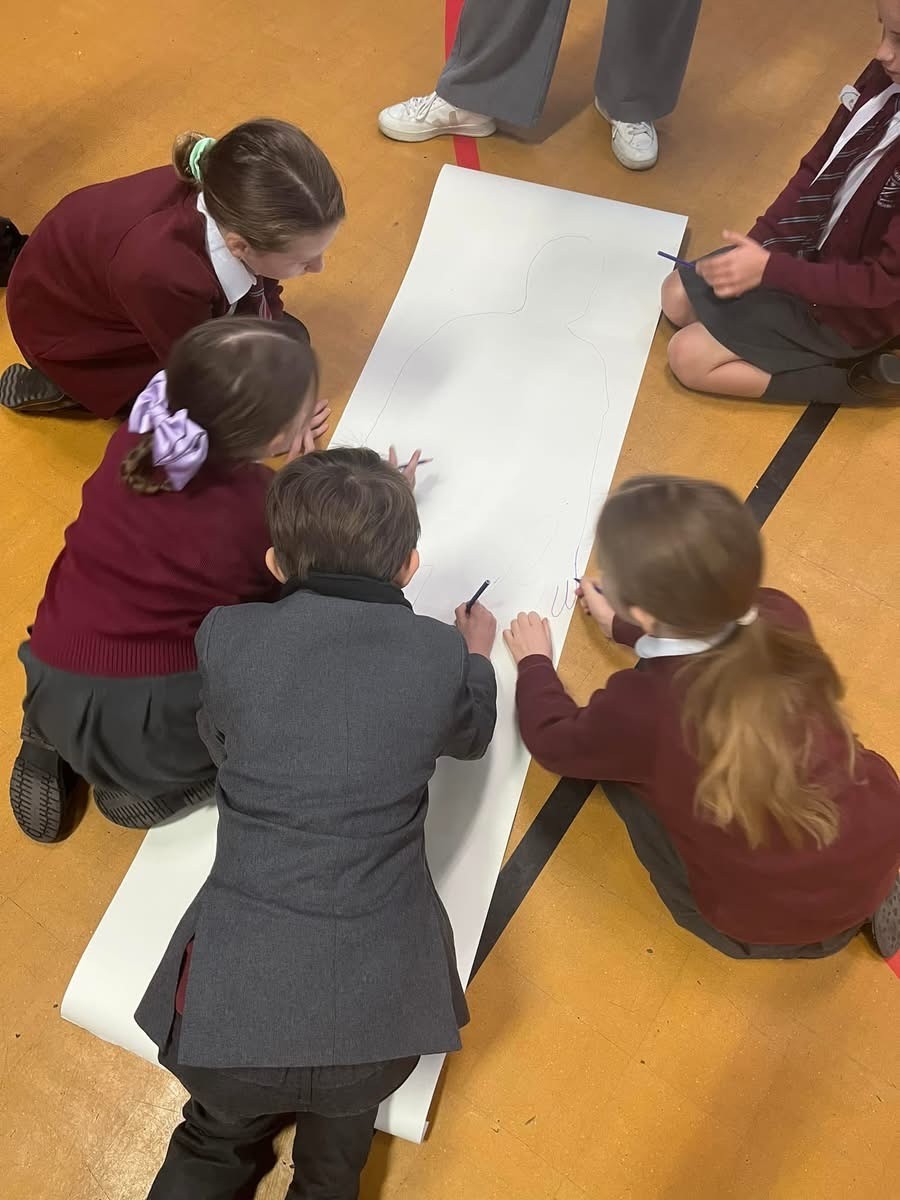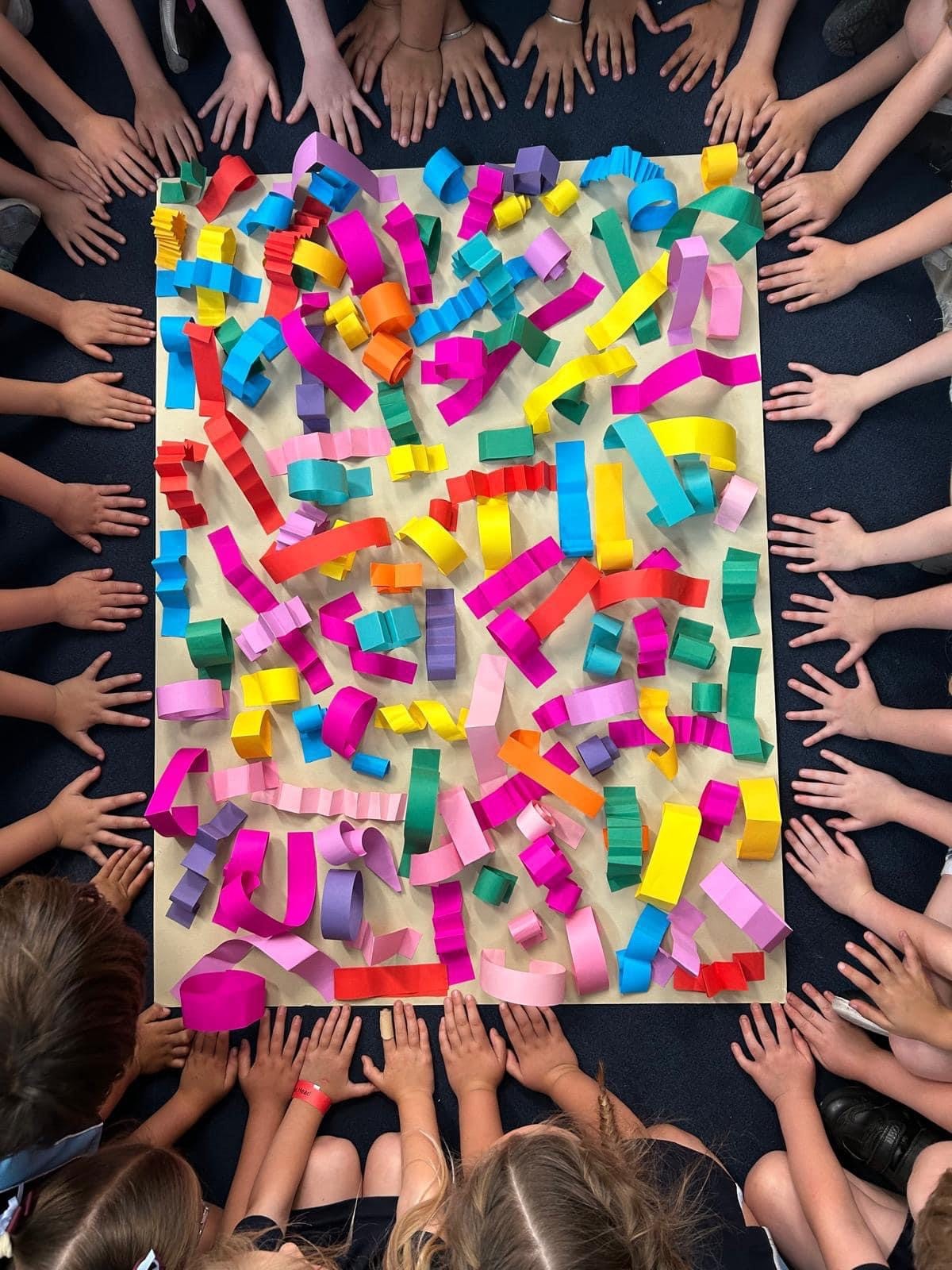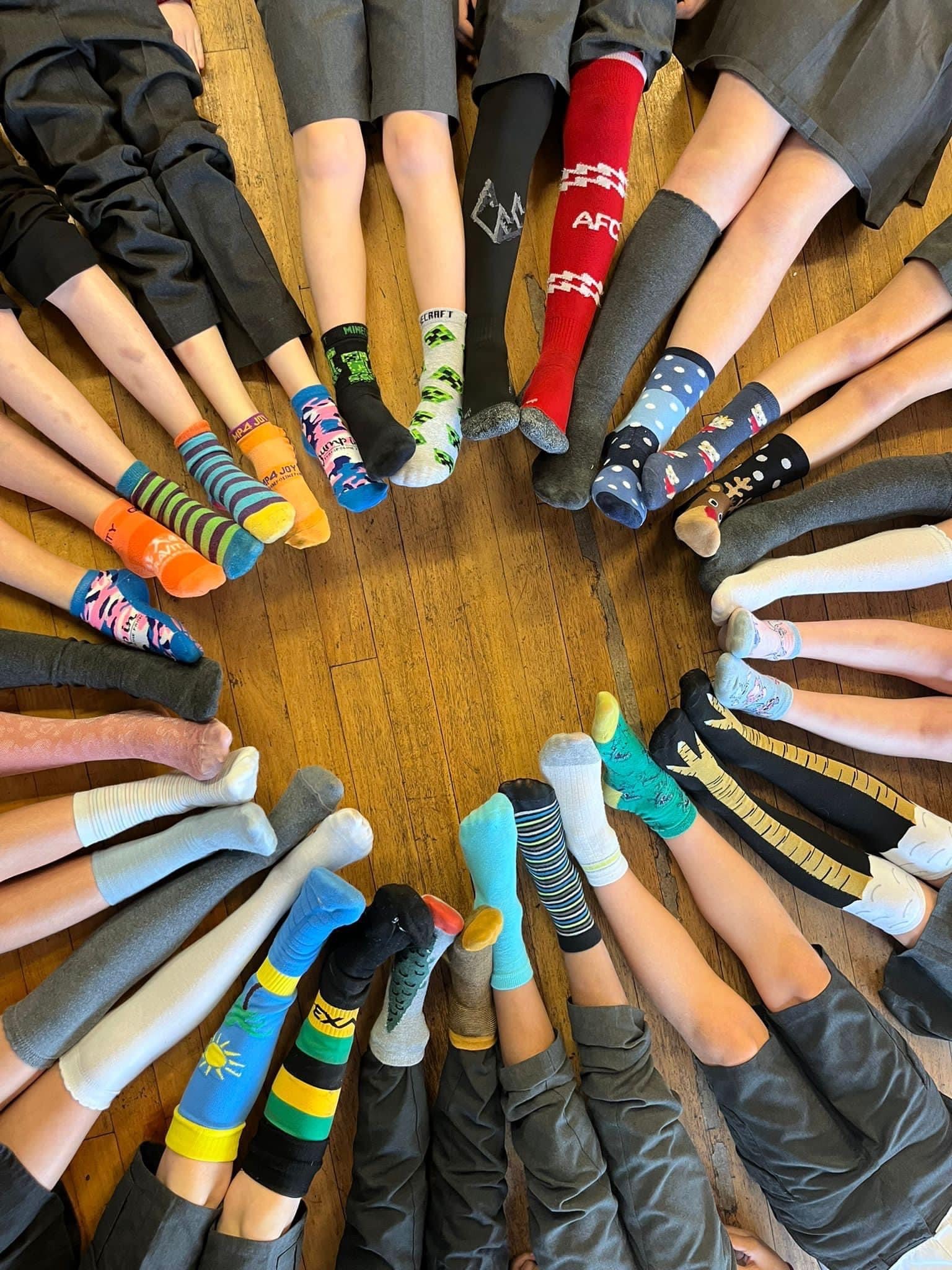Intent
At St Michael’s, we aim to give children the knowledge, skills, and attitudes that they need to effectively navigate the complexities of life in the 21st Century. Our curriculum covers key areas which will support children to make informed choices now and in the future around their health, safety, wellbeing, relationships, and financial matters and will support them in becoming confident and respectful individuals and active members of society.
We follow the Kapow Primary RSE and PSHE scheme of work, which covers wider PSHE learning, in line with the requirement of the National curriculum (2014) that schools ‘should make provision for personal, social, health and economic education (PSHE).’ Children’s learning through this scheme would significantly contribute to their personal development and promotes the four fundamental British values which reflect life in modern Britain: democracy; rule of law; respect and tolerance and individual liberty.
We understand that a high quality PSHE curriculum is an essential aspect of support for us to carry out our safeguarding duty of care.
Implementation
We follow the Kapow Primary scheme which is a whole school approach that consists of three areas of learning in EYFS: Reception (to match the EYFS Personal, social and emotional development prime area) and five areas of learning across Key stages 1 and 2.
EYFS:
· Self-regulation
· Building relationships
· Managing self
Key stage 1 and 2:
· Families and relationships
· Health and wellbeing
· Safety and the changing body
· Citizenship
· Economic wellbeing
Each area is revisited to allow children to build on prior learning. The lessons also provide a progressive programme. The lessons are based upon the statutory requirements for Relationships and Health education, but where our lessons go beyond these requirements (primarily in the Citizenship and Economic wellbeing areas) they refer to the PSHE Association Programme of Study which is recommended by the DfE. The scheme supports the requirements of the Equality Act through direct teaching, for example learning about different families, the negative effect of stereotypes and celebrating differences, in addition to the inclusion of diverse teaching resources throughout the lessons.
A range of teaching and learning activities are used and are based on good practice in teaching RSE/PSHE education to ensure that all children can access learning and make progress. In Key Stage 1 and 2, there is an introductory lesson at the start of each year group which provides the opportunity for children and teachers to negotiate ground rules for the lessons. These introductory lessons can then be referred to throughout the year to help create a safe environment. All lessons include ideas for differentiation to stretch the most able learners and give additional support to those who need it. Many lessons, stories, scenarios, and video clips provide the opportunity for children to engage in real life and current topics in a safe and structured way. Role-play activities are also included to help children play out scenarios that they may find themselves in.
There are meaningful opportunities for cross-curricular learning, in particular with Computing for online safety and Science for growing, nutrition, teeth, diet and lifestyle. The scheme provides consistent messages throughout the age ranges including how and where to access help.
Impact
By the time they leave St Michael’s, children will have met the objectives set out within the Relationships and Health Education statutory guidance and will be able to utilise their learning within their daily lives, from dealing with friendship issues to resilience to making healthy choices and knowing where and how to get help when needed.
We monitor the impact of our PSHE curriculum in the following ways:
· Formative assessment on a lesson-by-lesson basis.
· Discussions with pupils and teachers about their learning and enjoyment of the subject.
· Observations of children based on areas covered in lessons.
· Learning walks and book looks.
· Summative assessment will be recorded on OTrack at the end of the Summer Term.

